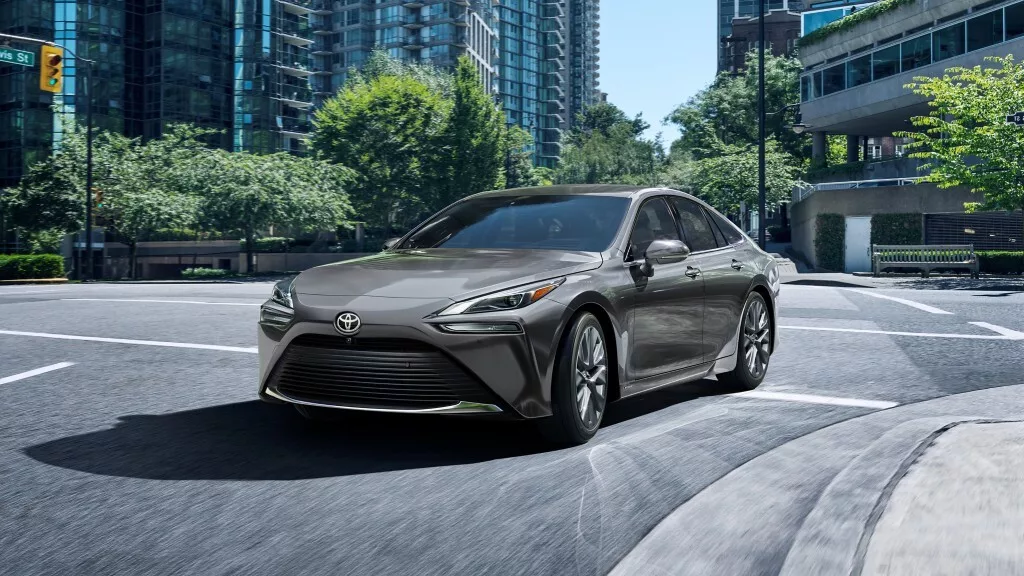Hydrogen as the Once-Promising Clean Energy Source
Decades ago, the clean energy conversations were dominated by hydrogen’s potential. At that time, battery technology was unsuitable for powering our transport and energy storage needs. Hydrogen appeared promising, readily produced by electrolysis and a familiar concept from grade school science classes. Its use in fuel cells—established technology since the mid-19th century—seemed an effective way to harness its energy without direct combustion.
The enthusiasm for hydrogen’s role in a sustainable future was epitomized by Jeremy Rifkin’s vision in his book The Hydrogen Economy. However, Rifkin, despite being a prolific thinker, lacked the technical background to fully evaluate hydrogen’s feasibility, inadvertently propelling Europe and the US towards a hydrogen-centric energy strategy without a thorough cost-benefit analysis.
Reevaluating Hydrogen’s Feasibility in Real World Applications
Early signs of hydrogen’s limitations appeared with Iceland’s failed hydrogen bus experiment, which, after substantial European Union funding and operational challenges, was not sustained past the trial period. The high costs and reliance on government subsidies proved unsustainable for hydrogen public transport projects, including those in Spain, which faced operational difficulties with their hydrogen bus fleets.
Contrastingly, electric buses have proliferated globally, with China leading the pack, demonstrating a clear preference in urban transit. Nevertheless, certain transit agencies continue to invest in hydrogen buses even in light of persistent technical and economic setbacks.
Electric Vehicles Outpacing Hydrogen Fuel Cell Alternatives
Momentum for battery-electric vehicles gained traction with institutions like Formula Student adopting categories for zero-emission cars. Over the decade, battery electrics overshadowed both hydrogen and traditional combustion vehicles, a trend mirrored by Tesla’s rise and the limitations of hydrogen-powered models such as Toyota‘s Mirai.
Today, most automotive manufacturers have embraced electric vehicles, while light-duty hydrogen transportation solutions struggle to gain credibility, with companies like Ballard and Plug Power maintaining their allegiance to hydrogen despite the market’s clear trajectory.
The Domestic Challenges of Hydrogen Implementation
Home heating is one area where gas utilities envisioned a future for hydrogen. However, safety concerns and the inefficiencies in hydrogen production and delivery make it an unsuitable replacement for natural gas. Heat pumps and induction stovetops have emerged as more practical and efficient options.
In studies considering hydrogen’s role in domestic settings, findings overwhelmingly discourage its use, pointing to a lack of future for gas utilities in a hydrogen-fueled domestic landscape.
Electric Solutions Prevailing in Freight, Rail and Alternative Energy Storage
While hydrogen has been considered for freight trucking and heavy rail, recent developments in electrical solutions are proving more economical and practical. Tesla, once more, is demonstrating the superiority of battery electric designs with their Semi trucks.
Energy storage, a niche where hydrogen might have been useful, is also being effectively addressed by alternatives. Pumped hydro storage, a long-standing technology, has returned to the forefront, with countries like China and Australia tapping into its potential. Redox flow batteries also offer promising energy storage capabilities.
The Narrowing Niche for Hydrogen in Industrial and Transportation Sectors
In the industrial sector, high temperature heat demands have traditionally been viewed as a potential market for hydrogen. Nevertheless, electric alternatives exist for many of these applications. As for maritime shipping, while there is some speculation about hydrogen’s utility, battery-electric solutions and biofuels currently offer more practical and affordable options.
Aviation is another sector exploring sustainable fuel alternatives, but synthetic fuels—often derived from hydrogen processes—face economic hurdles. Biofuels are readily adopted by the industry due to their competitive pricing compared to synthetic e-fuels and hydrogen-based solutions.
The Shrinking Role of Hydrogen in Future Energy Strategies
With clearer data and technological advancements, the perceived need for hydrogen in transportation and energy is diminishing. Despite decades of support, hydrogen’s fit is increasingly disputed in light of superior alternatives for light vehicles, buses, trucks, grid storage, and even aviation and maritime transport.
While hydrogen for energy might not disappear overnight, its trajectory suggests an eventual fade against more efficient, cost-effective, and market-accepted technologies. The inertia from years of investment and advocacy may prolong its presence, yet the future of energy increasingly lies elsewhere, not in hydrogen.
